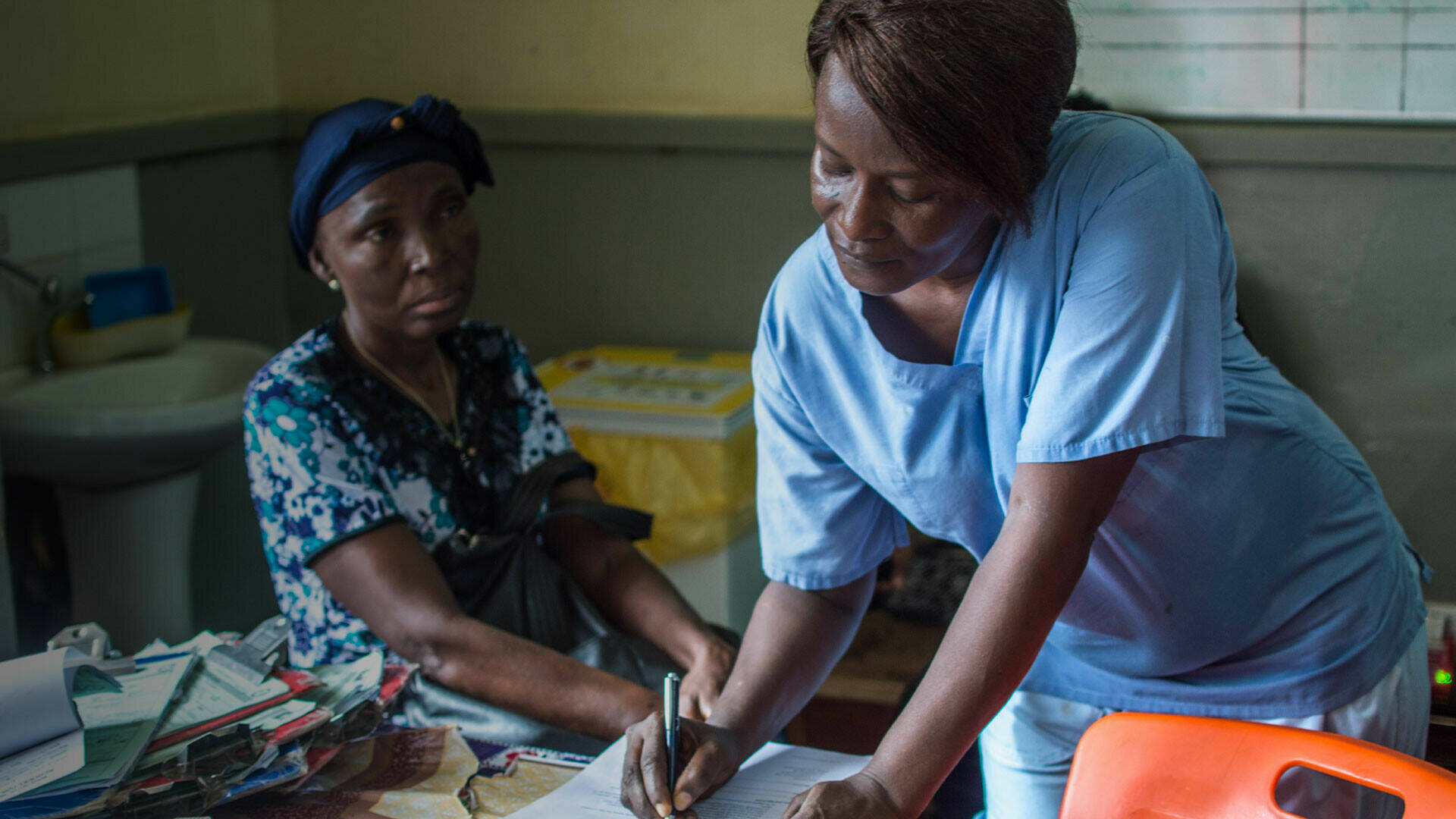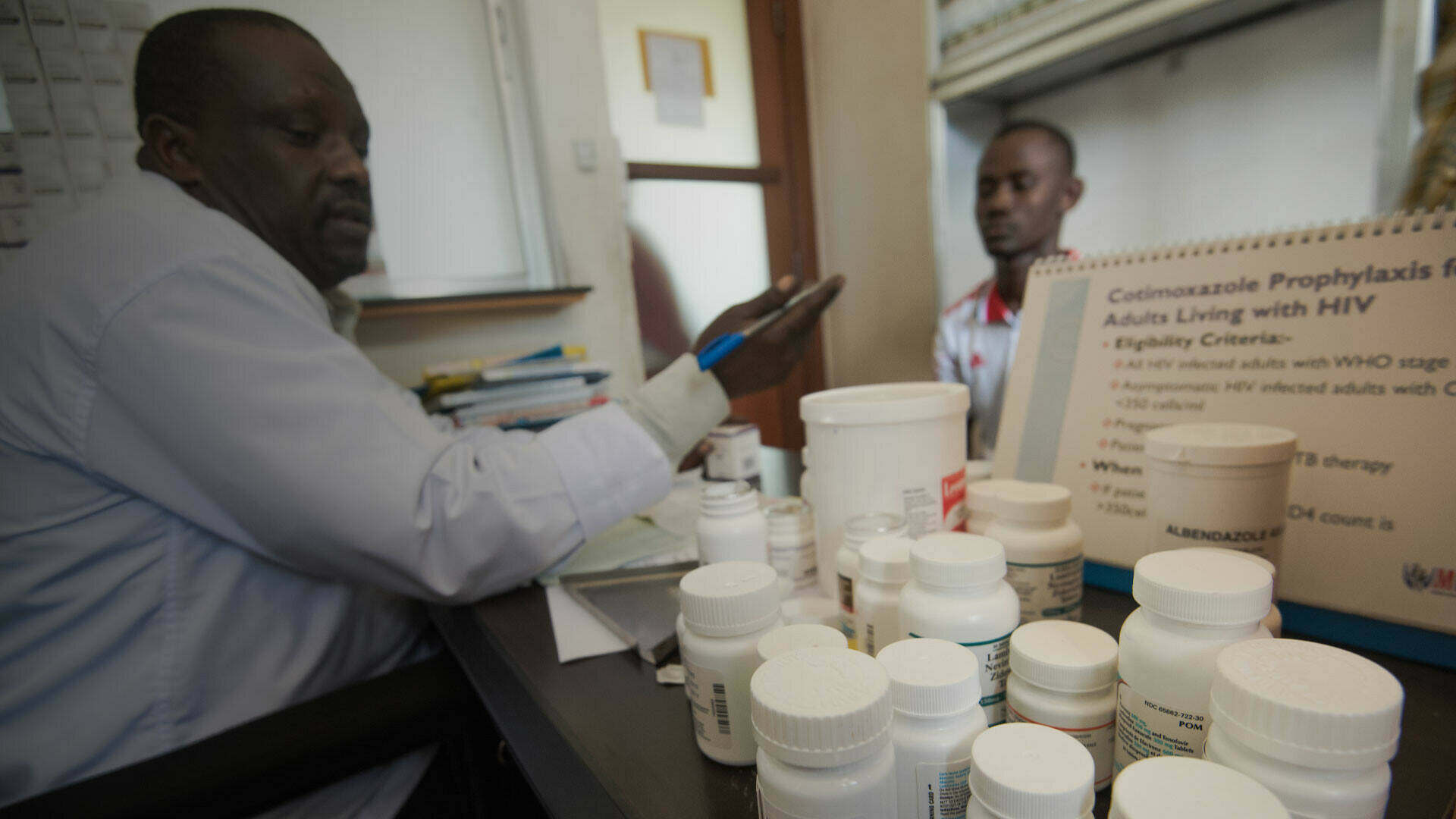The SSSSM programme was piloted at seven tertiary hospitals in Tanzania and evaluated in a quasi-experimental design, by comparing reporting for 18 months before and after introduction.
The programme led to a dramatic increase in reporting – out of 16,557 ADEs in total, 16,332 (98.6%) were reported after introduction of the SSSSM programme. Reporting increased from two reports per million inhabitants in 2018 to 85 reports per million inhabitants in 2019.
The degree of improved performance varied markedly between sites. Most notably, reports increased from 20 pre-SSSM to 11,637 post-SSSM in Dar es Salaam. However, reporting remained low at some other sites. The reporting identified novel ADEs associated with use of a newly introduced antiretroviral regimen. It also detected a cluster of cases associated with administration of an antibiotic at a particular site, which was addressed through training of health workers on the correct administration procedures.
The findings argue for the wider introduction of the SSSSM programme, alongside other measures to raise awareness of drug safety monitoring during the training and professional development of health workers of all kinds.

scroll down
The reporting of adverse drug events (ADEs) is important for monitoring the safety of newly introduced medicines and for detecting issues with how drugs are being administered. However, pharmacovigilance systems are under-developed in many sub-Saharan African countries.
The EDCTP-funded SMERT and ASCEND projects have established international partnerships to support the development of ethical review and regulatory capacities in Tanzania, particularly at the Tanzania Medicines and Medical Devices Authority (TMDA). One strand of work has focused on pharmacovigilance systems.
The TMDA coordinates a pharmacovigilance system that was introduced in Tanzania in 1989. It is based on spontaneous (‘passive’) reporting of ADEs and limited information is collected.
To improve reporting, an awareness and training programme was developed, the structured stimulated spontaneous safety monitoring (SSSSM) programme. This includes a training package for various health professionals on the importance of ADE monitoring and on mechanisms for monitoring and reporting.
The SMERT and ASCEND projects have led to dramatic improvements in the reporting of adverse drug events in Tanzania.

Enhancing drug safety monitoring in Tanzania
